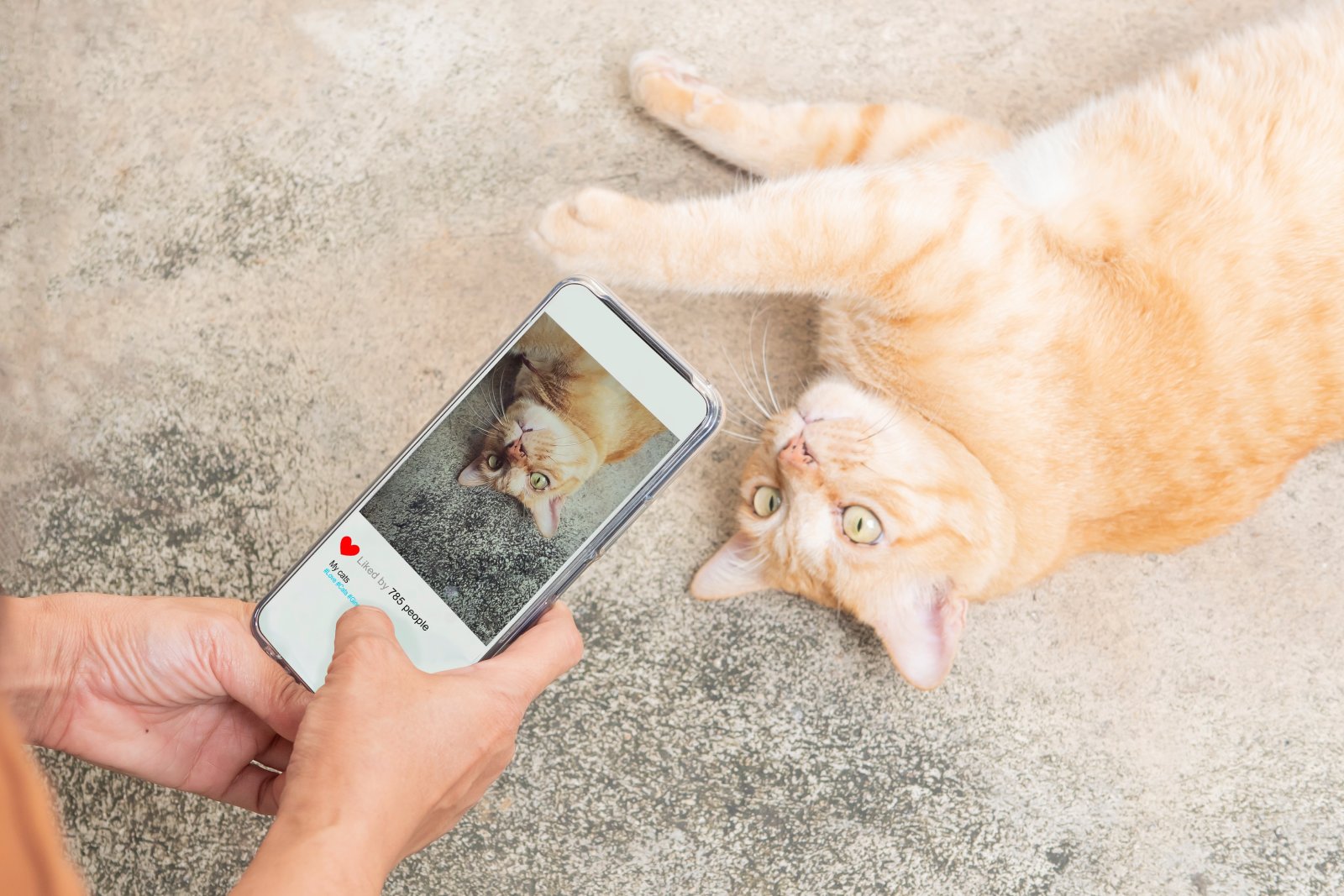It’s hard to ignore the growing trend: young adults today are choosing pets over children. They expect you to be as excited about Lucky or Moggy as they are. And while you love the pets, you’re left wondering, what happened to the dream of grandkids? Get on with it!
1. Financial Excuses

Raising children is undoubtedly expensive, but isn’t it worth the investment? Young adults argue that the lifetime cost of owning a dog (£20,000 to £30,000) is more manageable than raising a child (£150,000). But is money really more important than family?
2. Dodging the Housing Issue

Yes, the UK housing market is brutal, but using it as an excuse to avoid having children seems like a cop-out. If previous generations managed to raise families in tough conditions, why can’t this one?
3. Career Over Family

Choosing career over children is a personal decision, but is it the right one? Prioritising jobs over starting a family might bring short-term success, but what about the long-term loneliness?
4. Hiding Behind Environmental Concerns

Some claim they’re avoiding kids to help the planet, but how much of that is genuine concern versus a convenient justification? Adopting pets over having children might seem noble, but it’s also easier.
5. Lifestyle Selfishness

Pets fit more seamlessly into a spontaneous lifestyle, but isn’t that just another form of selfishness? Young adults today seem to prioritise their freedom over the deeper responsibilities of raising a family.
6. Delaying Parenthood Indefinitely

Delaying children for career and lifestyle might make sense now, but what happens when it’s too late? Pets fill the gap temporarily, but they don’t offer the same lifelong bond as children.
7. Emotional Crutch

Sure, pets offer emotional support, but isn’t relying on an animal for comfort avoiding deeper human connections? This generation seems to be using pets as a band-aid for larger emotional issues.
8. Social Media Influence

It’s no secret that social media glorifies pet ownership, but following trends blindly is questionable. Are young adults more concerned with Instagram likes than real-life family connections?
9. Changing Family Dynamics

Living far from family is a reality, but why not build a new family where you are? Pets might offer comfort, but they don’t replace the depth of human relationships.
10. Avoiding Mental Health Realities

Pets can reduce stress, but they don’t solve underlying mental health issues. This generation’s reliance on pets for mental wellbeing may be a temporary fix for deeper problems.
11. Choosing Child-Free Life

Choosing not to have children is valid, but is it truly fulfilling? Pets provide companionship, but they don’t replace the unique joy and challenges of raising a child.
12. Escaping Societal Pressures

Society’s pressure to have kids has lessened, but is avoiding parenthood really about empowerment or fear of commitment? This generation seems to avoid long-term responsibilities.
13. Pet Adoption Over Children

Rescuing animals is commendable, but why not extend that compassion to raising children? Adoption advocacy is strong, but adopting children can also be a rewarding and impactful choice.
14. Urban Living Excuses

Urban life is challenging, but families thrive in cities every day. Using small living spaces as an excuse to avoid children seems like another convenient justification.
15. Relationship Instability

Instability in relationships is real, but pets are often a temporary fix. Building a stable family might be more challenging but offers deeper rewards.
16. Tech-Driven Pet Care

Technology makes pet care easier, but relying on gadgets can’t replace genuine human connections. Is this generation more comfortable with tech than with real-life parenting challenges?
17. Health Benefits

Pets encourage exercise, but children also promote active lifestyles. Using health benefits as a reason for pet ownership over children seems like a narrow view.
18. Superficial Community Connections

Pet-friendly events and social media groups are great, but they can’t replace real community bonds built through raising a family. Are young adults settling for surface-level connections?
19. Personal Fulfillment Fallacy

Caring for pets is fulfilling, but does it truly replace the depth of raising a child? This generation might be missing out on the profound personal growth that comes with parenthood.
20. Generational Shifts or Just Excuses?

Values and priorities have shifted, but are these changes for the better? Avoiding the challenges of raising children might seem appealing, but what does it say about this generation’s resilience and values?
Facing the Future

While it’s easy to criticise, understanding these choices is crucial. Is this generation truly forging a better path, or are they simply avoiding the tough yet rewarding journey of parenthood? The choice between grandpuppies and grandkids isn’t just about preference; it reflects deeper societal shifts and personal priorities. What will the future hold for family dynamics and the legacy of this generation?
Featured Image Credit: Shutterstock / hedgehog94.
For transparency, this content was partly developed with AI assistance and carefully curated by an experienced editor to be informative and ensure accuracy.

